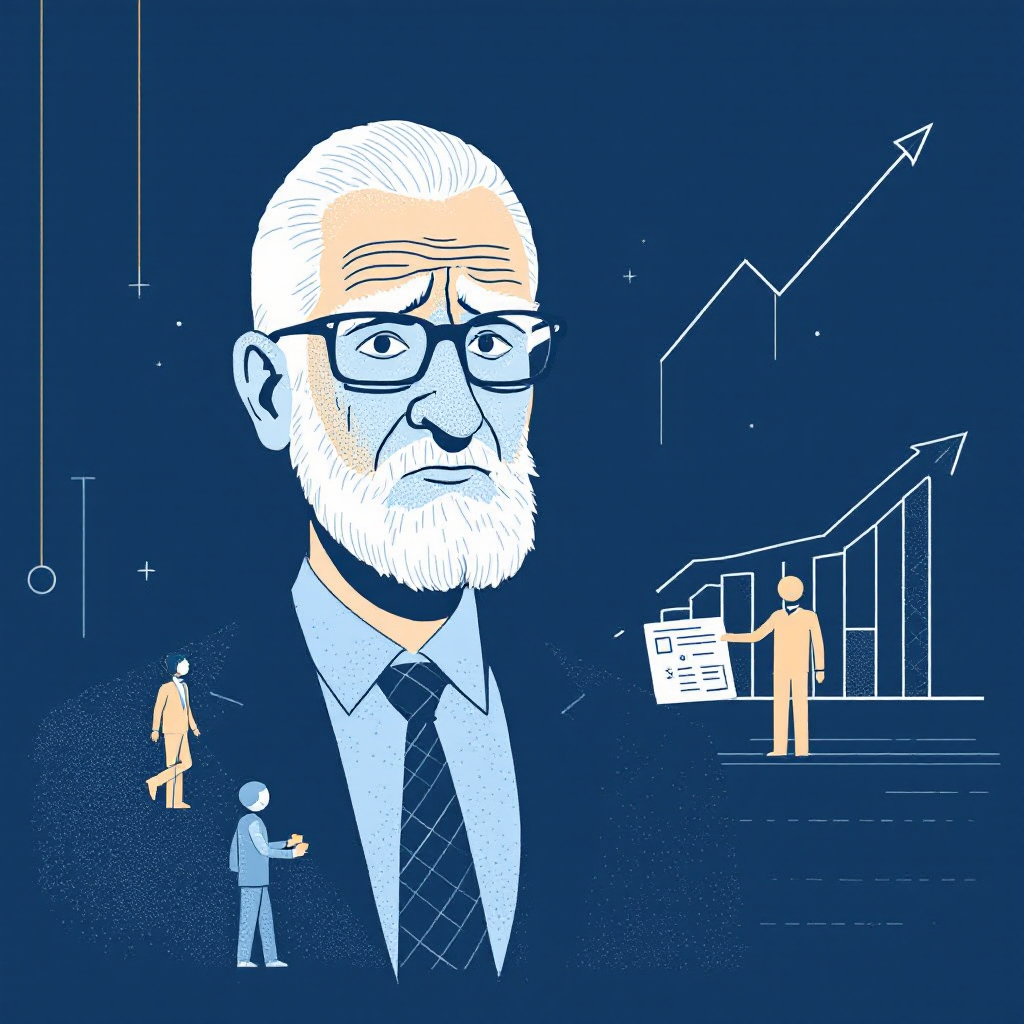A personnel introduction
Investors should be guarded not to be unduly influence by the New Labor Government’s Tax and spend policies and more over the government’s urgency to put out scare stories in the breakfast news each morning.
Especially when concerning the overall state of the economy.
This point as suggested by Palace auctions professionals, is illustrated and self proven by the events of the past few days:
Namely on the 9th and 10th Of January we were told Rachel Reeves faces pressure to balance the books as she suffers massively increased borrowing costs. That was enough to spoil anyone’s weekend.
This was followed on 13th January by all voices shouting “the country is broke RR is has a £60BN blackhole, Followed by a Chinese visit only netting £660M,
still further Warnings of no money to spend on public services and cancelling of all roadworks were followed by, something strangely quiet different……………
by Wednesday 15th January we discover that the 30 year government gilt auction is treble over subscribed for just £1Bn pounds to produce a guaranteed 30 year yield of 4.2% .
by the next day
cry’s of “Its all ok rang out as inflation held at 2.4 to 2.5% because hotel prices and energy prices had stayed steady in December year to year figures.
Now ; as the whole economy is only worth approximate turnover of £6.9Bn per day (according to 2023 GDP figures).
So we can only conclude then Rachel must have been very very busy if she has solved a £60Bn decades long worldwide issue in one week!!!!
The impossibility of such a suggestion, appears in turn to suggest to us. much of it all is government created spin!!! . Please don’t be distracted from your business , the business and investment goals.
Title: “Navigating Economic Uncertainty: Why Investors Should Stay the Course Despite Short-Term Government Policies and Economic News”
In today’s rapidly evolving economic landscape, investors face a constant barrage of government policies, economic indicators, and market fluctuations. While it’s natural to feel uncertain or even anxious about these short-term developments, seasoned investors and financial experts consistently advocate for maintaining a steady course when it comes to long-term investment strategies. This article explores why investors should resist the urge to make knee-jerk reactions to temporary economic news and instead focus on their long-term financial goals.
Understanding the Impact of Government Policies and Economic News
Government policies and economic news can significantly influence market sentiment and investor behavior in the short term. However, it’s crucial to recognize that these factors often have a more limited impact on long-term economic trends and investment outcomes.
The Nature of Government Spin
One aspect to consider is the concept of government spin in economic reporting. Governments often present economic data and policies strategically to influence public perception and investor confidence. yieldstreet.com/tips-on-investing-in-volatile-markets
While this practice can impact short-term market behavior, it’s important for investors to look beyond the spin and focus on underlying economic fundamentals. Government spin can involve:
- Selective reporting of economic indicators
- Strategic framing of economic data
- Timing the release of information for maximum impact
While government spin can temporarily boost investor confidence and market behavior, it’s crucial to remember that the actual economic conditions may not always align with the presented narrative. Investors who make decisions based solely on government spin risk exposure to market volatility when reality contradicts the optimistic portrayal.
Economic Indicators and Market Reactions
Recent UK economic data provides an excellent example of how short-term indicators can fluctuate. For instance, in the week leading up to January 5, 2025, retail footfall decreased by 5% compared to the previous week but showed a 5% increase year-on-year ons.gov.uk/economy/economicoutputandproductivity . Similarly, energy prices and transportation metrics showed mixed results, with some sectors experiencing growth while others faced challenges.
These fluctuations demonstrate the complexity of economic systems and the danger of making investment decisions based on isolated data points. Instead, investors should consider broader trends and long-term economic projections.
The Case for Maintaining Long-Term Investment Strategies
Despite short-term economic uncertainties, there are compelling reasons for investors to maintain their long-term strategies:
1. Historical Market Resilience
Financial markets have consistently demonstrated resilience over extended periods, despite temporary setbacks. By maintaining a long-term perspective, investors can avoid making impulsive decisions based on short-term market movements and instead capitalize on the overall upward trajectory of markets.
2. The Power of Diversification
Diversification remains a fundamental strategy for managing risk during uncertain times. By spreading investments across various asset classes, sectors, and geographic regions, investors can reduce the impact of downturns in any single area. This approach helps balance potential losses with gains from other investments, providing stability to the overall portfolio.
3. Dollar-Cost Averaging
Implementing a dollar-cost averaging strategy, where a fixed amount is invested at regular intervals regardless of market conditions, can help mitigate the risk of investing large sums at market peaks. This disciplined approach takes advantage of market dips by purchasing more shares when prices are low, reducing the emotional impact of market volatility.
4. Focus on Quality and Value
During uncertain times, focusing on high-quality investments with strong fundamentals can provide a buffer against volatility. Companies with solid balance sheets, consistent earnings, and competitive advantages are more likely to withstand economic downturns. Additionally, value investing—buying undervalued stocks with growth potential—can offer significant returns when the market recovers.
Navigating Economic Uncertainty: UK Case Study
The UK economy provides an insightful case study for investors navigating economic uncertainty. Recent data shows that the UK’s GDP increased by 0.1% in the third quarter of 2024, with a year-on-year growth of 1.0%. economy/grossdomesticproductgdp While these figures indicate modest growth, they also highlight the potential for long-term economic expansion.
Government Borrowing and Inflation
The UK government has faced challenges with borrowing costs, with yields on 30-year gilts reaching their highest levels since 1998. nbcnewyork.com/news/business/money-report/uks-long-term-borrowing-costs-hit-highest-level-since-1998. However, inflation has shown signs of cooling, with December 2024 inflation falling to 2.5%. This unexpected drop in inflation has eased pressure on the Bank of England and positively impacted the bond market.
These developments underscore the complex interplay between government policies, economic indicators, and market reactions. While short-term fluctuations may seem concerning, they often balance out over time, reinforcing the importance of maintaining a long-term investment perspective.
Strategies for Investors in Uncertain Times
Given the current economic landscape, investors should consider the following strategies:
1. Regular Portfolio Review and Rebalancing
Regularly reviewing and rebalancing your portfolio ensures that it remains aligned with your investment goals and risk tolerance. As economic conditions and personal circumstances change, adjustments to asset allocations may be necessary. Rebalancing helps maintain the desired level of risk and can capitalize on new opportunities as they arise.
2. Stay Informed and Adaptable
While maintaining a long-term perspective is crucial, staying informed about economic trends and market conditions is equally important. Investors should be prepared to adapt their strategies as new information becomes available and as economic conditions evolve. Engaging with financial advisors and leveraging their expertise can provide valuable insights and guidance.
3. Consider Alternative Investments
Alternative investments, such as real estate, commodities, and private equity, can offer diversification benefits and potential returns that are not correlated with traditional asset classes. These investments can provide a hedge against inflation and economic instability, making them a valuable component of a diversified portfolio.
4. Focus on Defensive Assets
During periods of economic uncertainty, defensive assets such as government bonds and certain types of equities can provide stability. These assets typically have lower volatility and can offer steady returns even when the market is unstable. Investing in sectors that are less sensitive to economic cycles, such as utilities and consumer staples, can also be beneficial.
Expert Opinions on Government Policies and Investor Behavior
Expert opinions highlight the complex relationship between government policies and investor behavior. Economic Policy Uncertainty (EPU) can significantly affect market dynamics, leading to wider bid-ask spreads and increased market illiquidity. . However, experts also note that markets often stabilize as political landscapes become clearer, emphasizing the importance of maintaining a balanced approach and remaining flexible in investment strategies.
sciencedirect.com/science/article
Government policies play a crucial role in shaping the landscape of impact investing, with initiatives like tax incentives and regulatory frameworks directing investments towards socially and environmentally beneficial projects. /journal/the-political-economics-of-impact-investing-an-evaluation-of-how-government-policies-influence-investment-strategies-for-social-good. This demonstrates how long-term government policies can create opportunities for investors aligned with sustainable and socially responsible investment goals.
Conclusion: The Importance of Staying the Course
While short-term economic news and government policies can create market volatility and investor uncertainty, the key to successful long-term investing lies in maintaining a steady course. By focusing on diversification, quality investments, and regular portfolio rebalancing, investors can navigate through periods of economic uncertainty and capitalize on long-term growth opportunities.
It’s crucial to remember that economic cycles are natural, and markets have historically shown resilience over extended periods. By staying informed, adaptable, and committed to long-term strategies, investors can position themselves to weather short-term fluctuations and achieve their financial goals.
In the words of legendary investor Warren Buffett, “The stock market is a device for transferring money from the impatient to the patient.” This wisdom underscores the importance of maintaining a long-term perspective and resisting the urge to make hasty decisions based on short-term economic news or government policies.
As we navigate the complex economic landscape of 2025 and beyond, investors who stay the course, remain diversified, and focus on quality investments are likely to find themselves well-positioned for long-term success, regardless of short-term market fluctuations or policy.
Trump’s Return to the White House: Potential Ripples in Auction and Real Estate Markets


